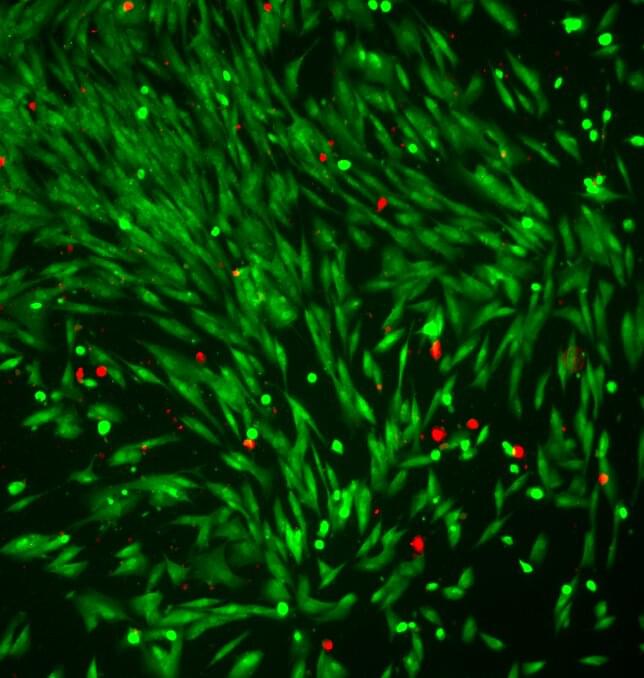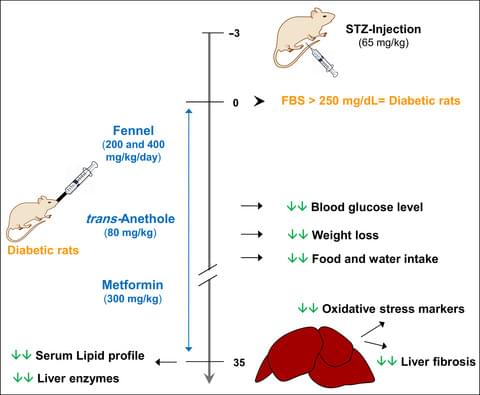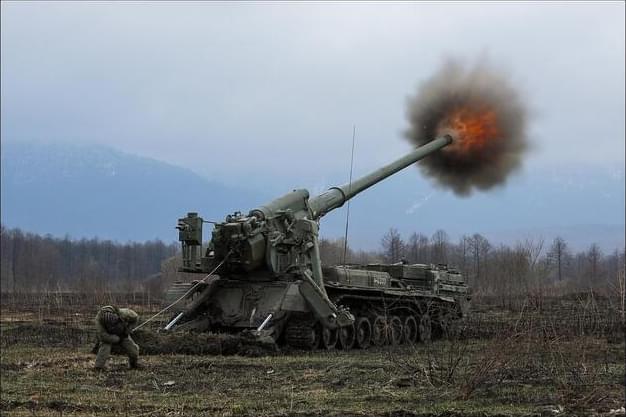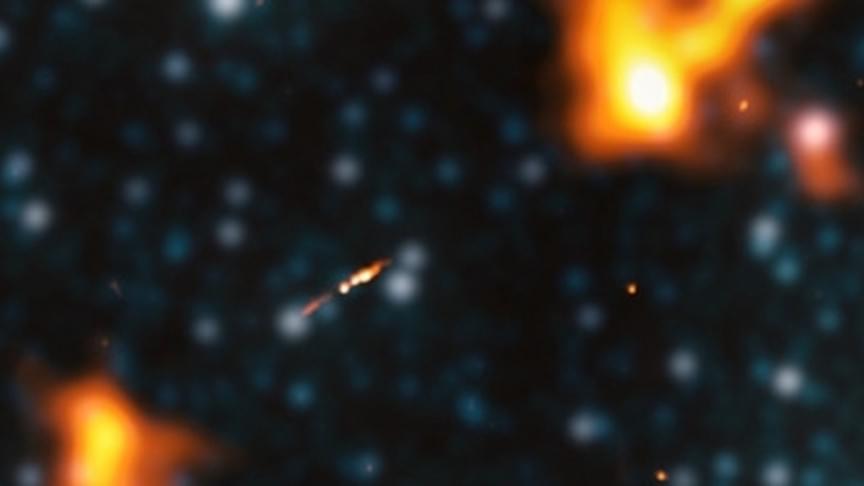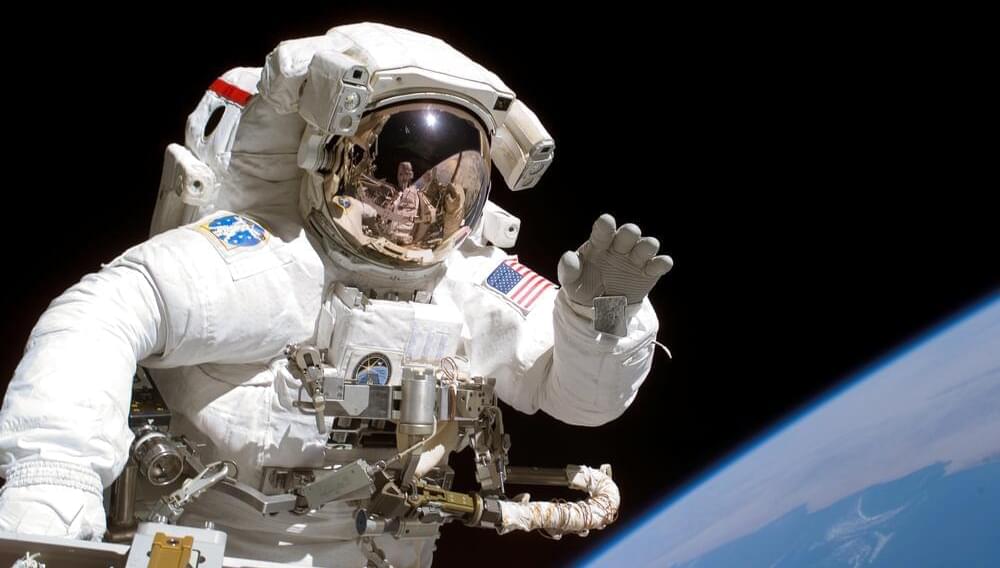In recent years, scientists have introduced a wide variety of robots of all shapes and sizes. Among these are microswimmers, carefully engineered microstructures that can move in water and other liquids.
Microswimmers could have numerous interesting applications, for instance allowing doctors to deliver drugs to targeted regions inside the human body, or scientists to introduce specific substances in water-based environments. While some of these robotic systems achieved remarkable results, most of them were found to be unable to efficiently move inside the human body.
Researchers at the Max Planck Institute for Intelligent Systems (MPI-IS) have recently developed new light-driven microswimmers that could be more suited for navigating within biological systems, including body fluids. These microswimmers, introduced in a paper published in Science Robotics, are simple microparticles based on the two-dimensional (2D) carbon nitride poly(heptazine imide) or PHI.
